Fairy-tale about Chinese education
(VNF) - While Chinese leaders call for a harmonious social development and Chinese people are proud of their country becoming the world’s second largest economy, China’s education background seems uneven.
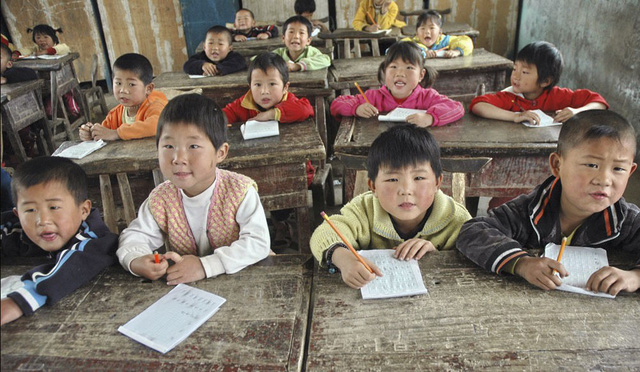
Pupils in far-flung areas| Photo: AFP
Working pressure, low wages and difficult conditions are among dozens reasons that many Chinese teachers and volunteers are frustrated with teaching in remote areas.
Li Wei has been teaching elementary school students for the past six years in a remote village of Baoting district, Hunan province, central China.
Everyday, Li teaches maths and music to local children in a school where there are only 34 students and a total of only 3 classes.
Struggle for life with measly wage
The school has only four teachers, including one local teacher and three volunteers. In addition to teaching, teachers also have to prepare lunch for students. On weekends, they have to drive 90 minutes in a rented-car to get to the nearest town to buy food and daily necessities.
Li said that her work here is quite exhausting and life is also boring, no cultural activities or entertainment.
Everything almost different from her hometown - the wealthy city of Suzhou in Jiangsu Province: There is no regular supply of water, no air conditioners or electric fans, and the village is just connected to the Internet this year.
At the age of forty, Ms. Li used to be a state official. Now, as a volunteer, she receives a monthly allowance of 600 yuan ($ 90), despite her hard work every day.
Li is one of the hundreds of thousands of volunteer teachers across China who have left their jobs and comfortable lives in cities to contribute to rural education.
They are considered non-governmental organizations as an important force in addressing the shortage of teachers in remote areas. However, experts say the situation has not improved much in the past 20 years despite the efforts of the authorities.
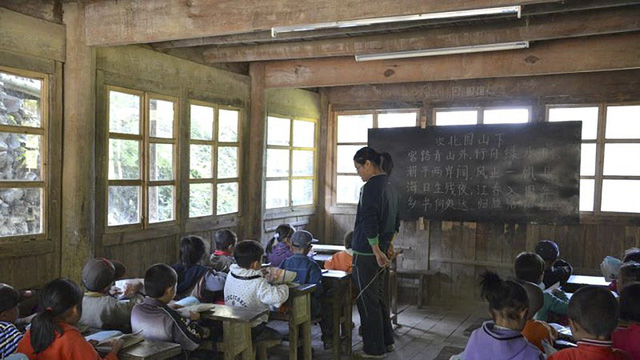
A volunteer teachers teaching students at Bao Ting district
China's Tanzania news agency reported that the number of teachers in rural areas dropped dramatically from 4.73 million to 3.3 million in the period 2010-2013.
Two years ago, the State Council of China announced the Rural Teacher Support Plan (RTSP) to build human resources to serve in these areas.
"Due to factors such as the development gap between urban and rural areas, poor transportation systems and poor facilities in rural schools, the teaching in these areas is still not attractive, so the plan is to attract talented people to teach in rural schools. "
The plan enumerated comprehensive measures to recruit and retain rural teachers and asked local governments to sponsor pedagogical university students who pledged to teach in remote villages after they graduated from university.
The plan says that rural teachers' salaries need to be raised and more long-term contracts are proposed.
Pressing to find solutions
However, Professor Yang Dong Ping from the Beijing Institute of Technology acknowledged that although the government has taken many measures, shortages of teachers in remote areas have not improved much in the past few years.
"There are not really many long-term contracts for rural teachers, and many rural teachers are hired only temporarily, which makes the job less appealing to young people," Yang said.
Prof. Yang estimates that temporary contract teachers and volunteer staff are just a short-term solution.
Over the past few years, many Sichuan, Chongqing, Jilin and Hunan areas have offered free teacher training at pedagogical universities, provided they must agree to work in rural areas after graduation.
They are required to teach in a designated rural area 5-8 years after graduation. Those who violate the agreement will have to pay the entire tuition fee the same amount.
Typically at the Hunan First Pedagogy University, the university has promoted a state-sponsored program that will select 15-16 year-old high school graduates to train within 5 years.
"It is commendable that 97% of our graduates work in rural areas, with the majority working in remote villages," said Tong Xiao Jiao, the Hunan First Pedagogy University principal.
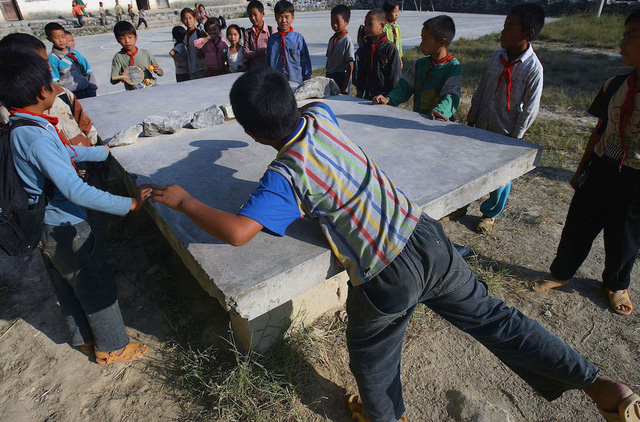
However, Li Lei, founder of Angel Education in Changsha City, Hunan Province, says many other graduates do not want to work in rural areas after graduation and they do not fulfill terms set forth in the original agreement.
About the volunteer force, he said volunteer hunting has also become more difficult in the past few years. "It's because of the prevailing view in society that young people need to pursue a high-paying job," Li said.
In many cases, many are registered as volunteer teachers in rural areas but in the end because of family opposition, they have to stop the plan. Teacher Li Wei said the volunteer as she seldom withstand more than 2 years.
Professor Yang Dong Ping from the Beijing Institute of Technology acknowledged that volunteers are now playing an active role in filling the void in teaching in the countryside. However, the government should not push responsibility on them./.
VNF
Recommended
 National
National
Party Chief Attends Grand Art Performance Celebrating National Reunification
 National
National
Vietnam News Today (Apr. 21): International Troops to March in Vietnam’s Reunification Day Parade
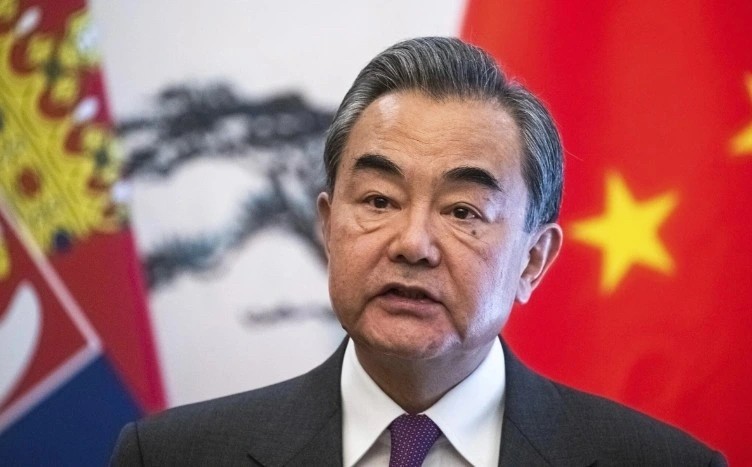 National
National
Vietnam News Today (Apr. 20): Vietnam, China to Deepen Ties with Strategic Future Vision
 National
National
Vietnam News Today (Apr. 19): UN, Vietnam Step Up Efforts on Cybercrime Convention
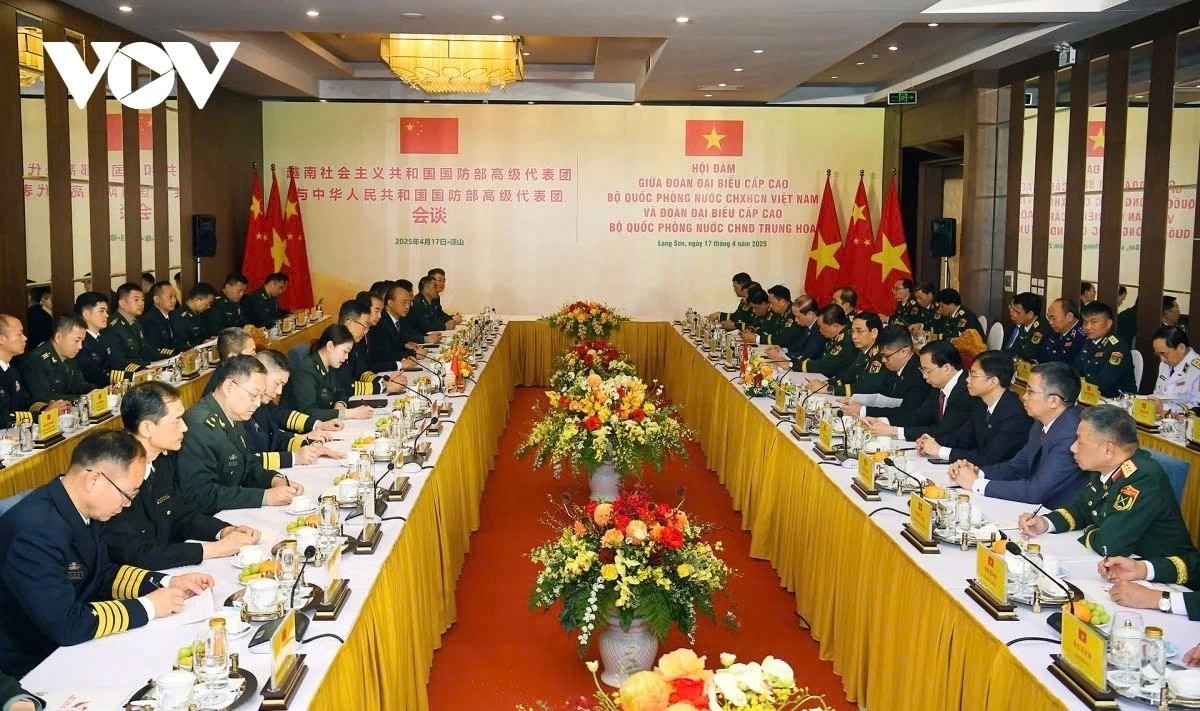 National
National
Vietnam News Today (Apr. 18): P4G Summit in Vietnam - Beacon of Hope for Global Climate Action
 National
National
People must come first to achieve development goals: P4G
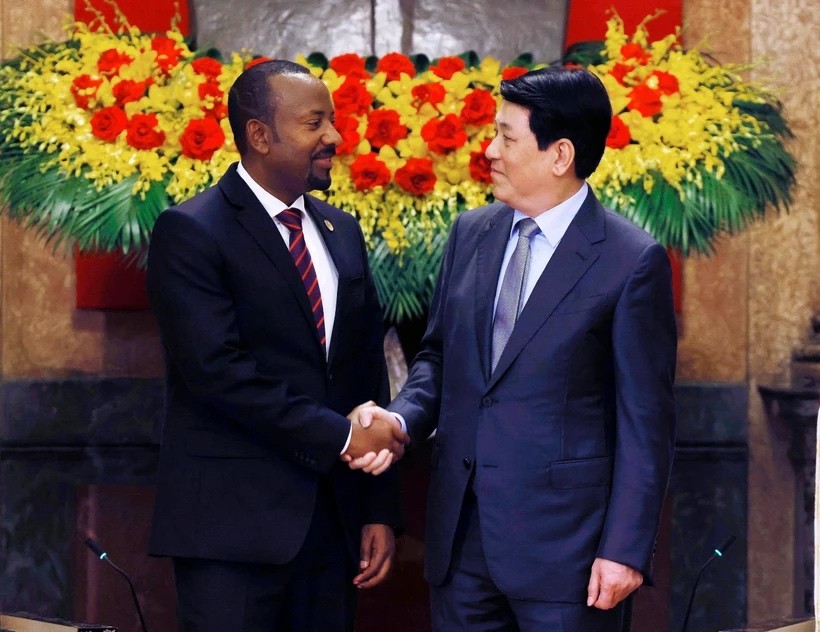 National
National
Vietnam News Today (Apr. 17): Vietnam a Trustworthy Friend of Ethiopian People
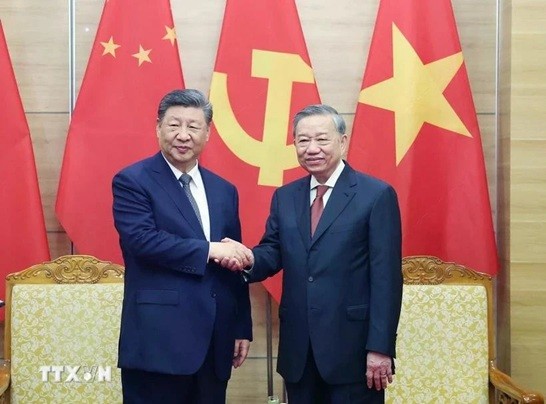 National
National
